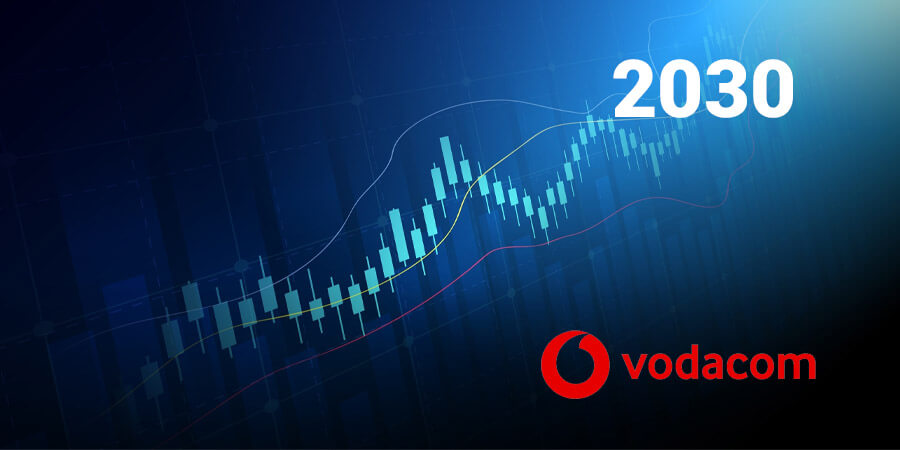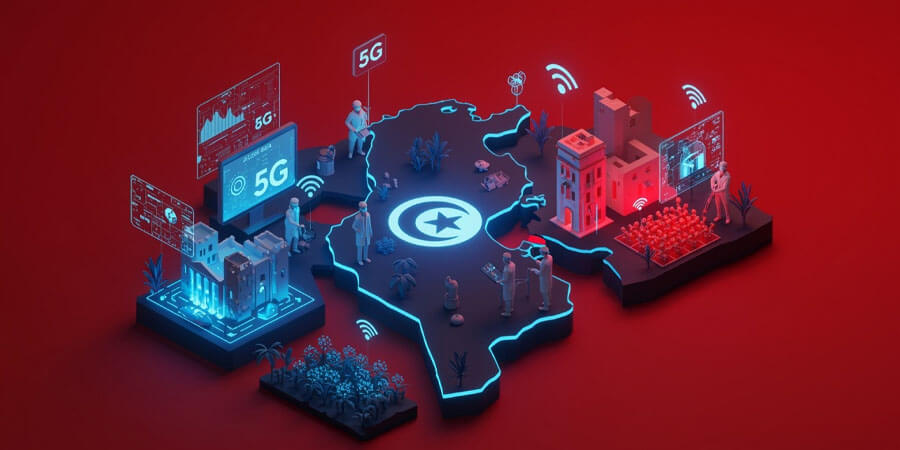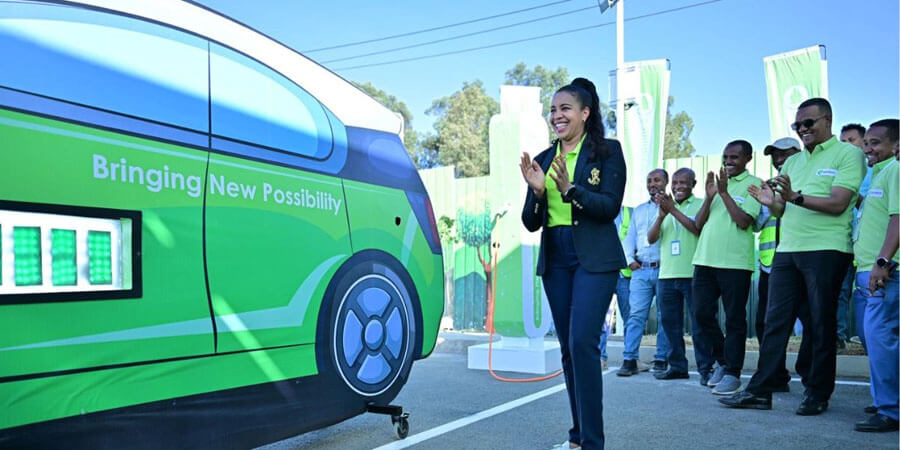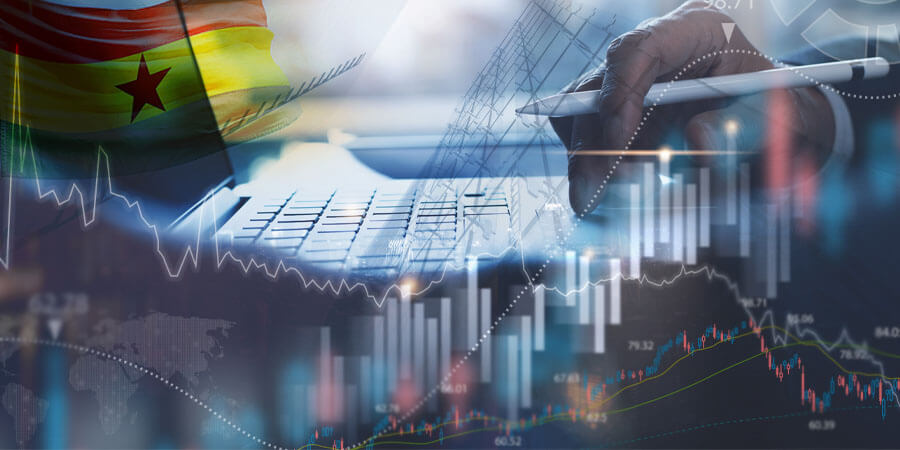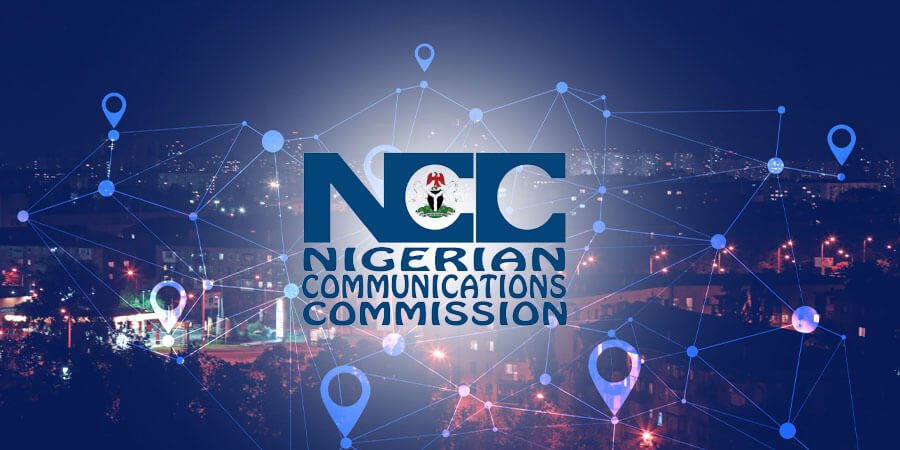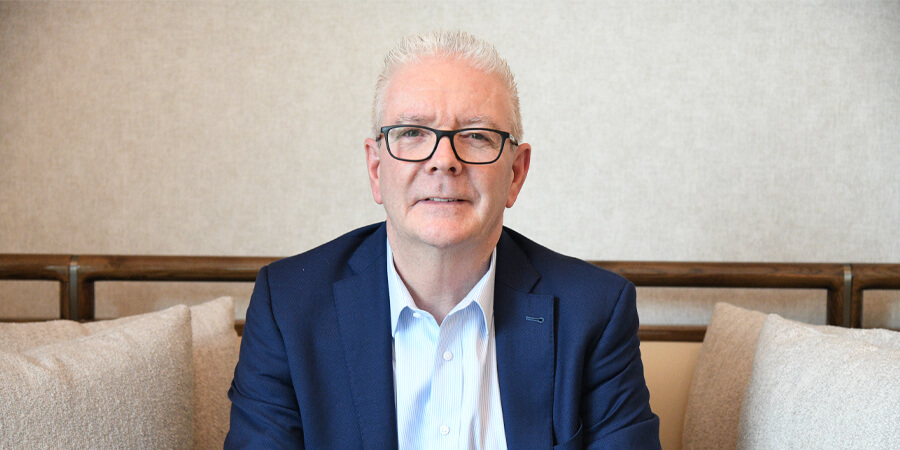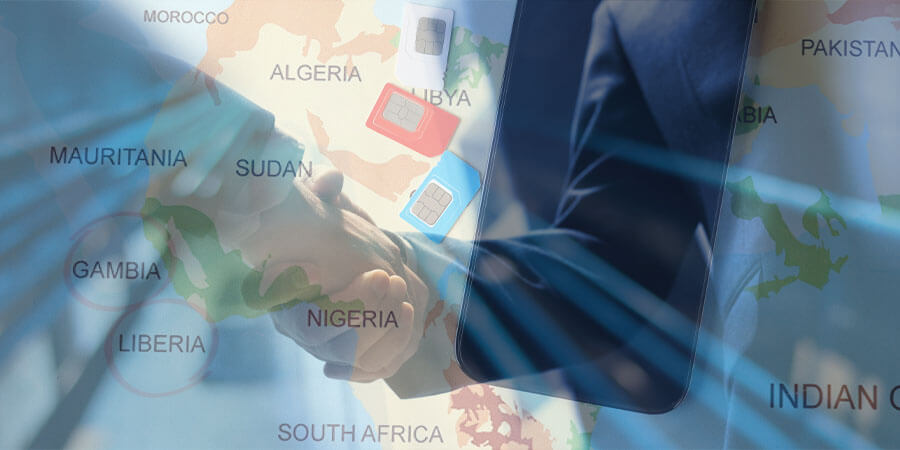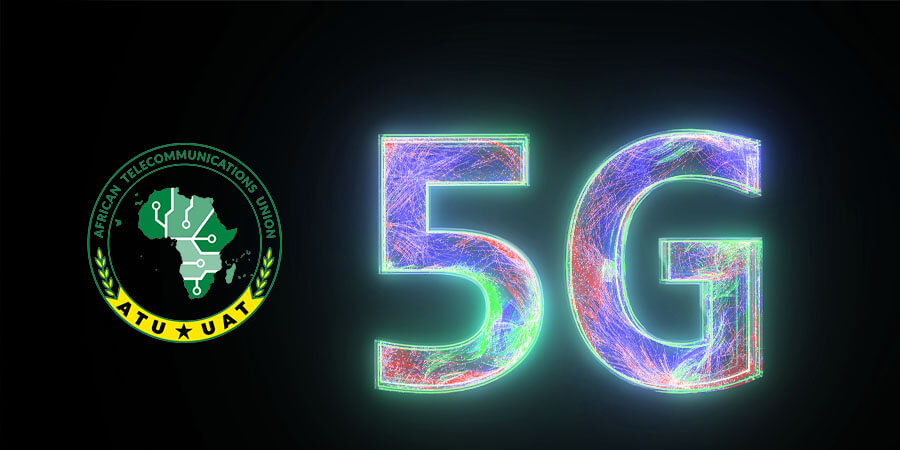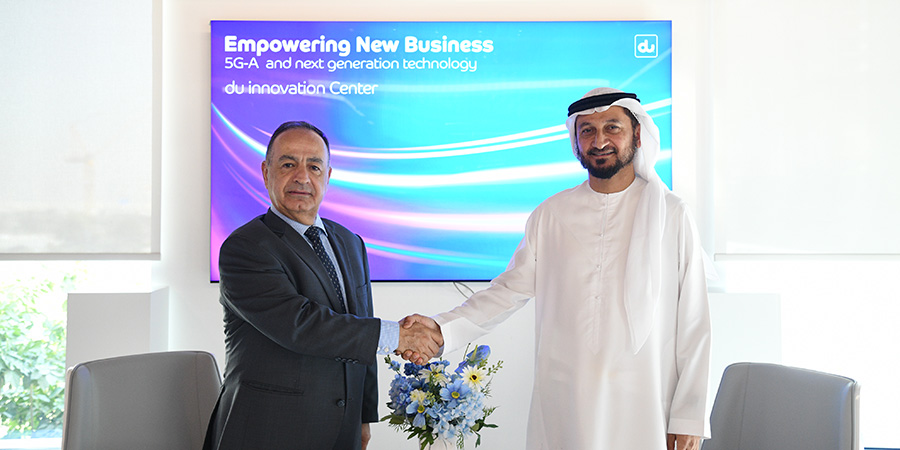A recent analysis reveals significant progress in Africa’s internet resilience. The Pulse Internet Resilience Index shows an overall score of 34%, a one-percentage increase from 2022 to 2023, improving access to essential services like education, healthcare, and economic opportunities across the continent.
Western and Central Africa recorded the largest improvements, each gaining two points, while East Africa also made progress, particularly in countries like Zambia (up to six points) and Kenya (up to five points). Other nations like Uganda, Comoros, and Mozambique improved by four points, with Ethiopia, Djibouti, and Tanzania increasing by three points.
This progress is attributed to stronger infrastructure investments, expanding mobile networks, and enhanced collaboration between governments, tech providers, and local communities. Key projects, including Internet Exchange Points (IXPs), are helping make the internet faster and more affordable.
Related: Kenya Reports Increased Mobile and Broadband Subscriptions





